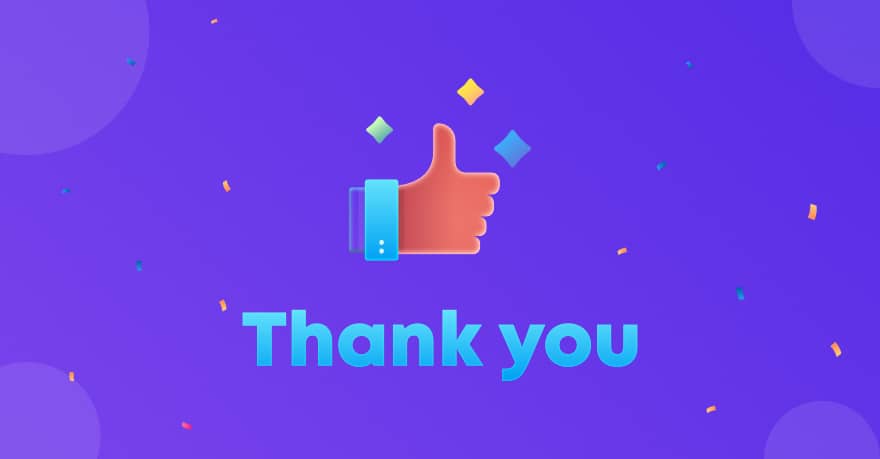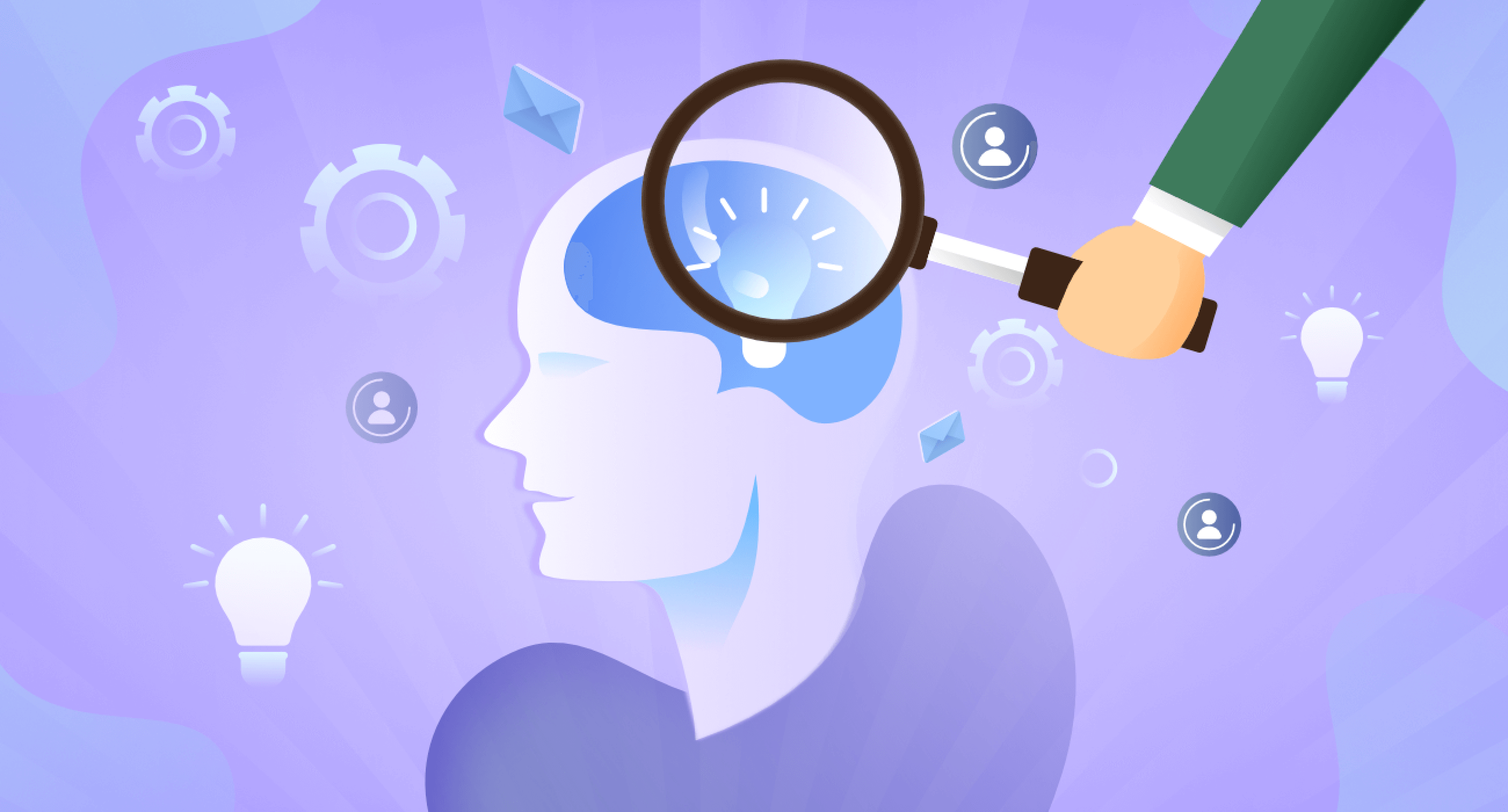The world of marketing is constantly changing, and it is due to technology and consumer behavior. At the core of this paradigm shift is Artificial Intelligence (AI), which is empowering marketers with the tools they need to derive deeper insights, automate complex processes, and deliver hyper-personalized customer experiences like never before. All you curious types, early entrepreneurs, out of the box of marketers, this is the secret key to creating the next billion-dollar MarTech platform. Show me how AI agents change the game for Marketing. Here are some of the more exciting AI agent ideas that are going to define the future of marketing, along with a playbook for how to build the next big thing in MarTech.
1. The Content Revolution: Meet Your First AI-Powered Content Creation Agent
Content continues to reign supreme in the marketing world, but creating good content at scale is a never-ending struggle. AI content creation tools are disrupting the content generation space as they can be used to generate articles, blog posts, product descriptions, social media updates, etc. Visionaries who harness the potential of AI agents for content creation can redefine how brands connect with their audiences.
- Key Features:
- Natural Language Generation (NLG): AI content agents can generate text that reads convincingly like a human writer. They understand the nuances of language, tone and style and can create content that flows in alignment with the voice of a brand.
- Personalization: Personalization is the bread and butter of any strategy, AI can personalize content based on individual user data, most of which are needed to tailor marketing messages.
- SEO Optimization: AI content agents can assist in analyzing search engine algorithms and suggesting content strategies that increase keyword usage, thereby improving search engine rankings.
- Potential Impact: A MarTech platform whereby content creation is powered by AI; might bring savings to content marketing in terms of human, resource cost, and time, allowing marketers to will be able to focus on strategy and creative direction.
2. AI-Driven Personalization Engines: The Power of One
Personalization is not just a trend; it is a transformation of the way brands communicate with consumers. AI agents are capable, in real-time, of analyzing such massive datasets to provide truly personalized experiences for each user. By utilizing machine learning, these agents can tailor content, product recommendations, and even pricing based on individual behaviors, preferences, and demographics.
- Key Features:
- Dynamic Content Delivery: With browsing history, location, and interests being contextual, AI agents can tailor the on-screen content for end users, thus offering them a fully dynamic experience.
- Predictive Analytics: These agents use predictive algorithms to anticipate customer needs and desires, which drive conversions and enhance customer satisfaction.
- Cross-Channel Personalization: AI can further consolidate personalization across multiple touchpoints—email, social media, websites, and mobile apps—to provide a unified personalized experience.
- Potential Impact: A platform with AI-driven personalization engines could skyrocket engagement and conversion rates by providing customers with what they want when they want it.
Incorporating AI Software Development into this process allows for the seamless integration of personalization across different platforms, ensuring that the development of advanced AI tools is scalable and adaptable to different industries. This not only benefits the user experience but also improves the efficiency of AI-based marketing platforms.
3. AI-Powered Customer Journey Mapping: Understanding the Path to Purchase
For help in understanding how customers interact with a brand, mapping the customer journey is one essential strategy. From the first ad view or click to the eventual purchase, AI agents have visibility over every touch point and therefore a complete picture of user behavior. By analyzing this data, the company can create better-targeted marketing efforts and customize the customer experience.
- Key Features:
- Real-Time Analytics: AI agents provide real-time insights into customer behaviors, allowing marketers to quickly adapt their strategies based on current patterns and trends.
- Predictive Pathways: AI agents are capable of predicting how customers will behave in the future and allow marketers to better optimize the experience and lead customers through the sales funnel.
- Behavioral Segmentation: AI can create segments of customers based on their actions, use, and interactions to identify various customer types present in each segment and tailor marketing content accordingly.
- Potential Impact: With the help of AI-based customer journey mapping tools, marketers can improve their strategies and make sure that they are reaching clients with the most relevant message at the right time.
4. Automated Social Media Management Agents: Mastering the Social Landscape
Managing a brand's social media account effectively is crucial, but doing so by hand is frequently time-consuming and ineffective. Social media managers powered by AI are capable of tasks including publishing, scheduling material, and tracking interaction.
- Key Features:
- Content Scheduling and Optimization: AI agents can plan posts for optimal engagement time using a social media scheduler, ensuring that the material reaches the target audience when they are most active.
- Sentiment Analysis: These agents can analyze user comments, mentions and reactions to gauge public sentiment, this enables brands to manage their reputation and adjust their strategies accordingly.
- Automated Engagement: AI agents can automatically answer comments, messages, and mentions, providing quicker and more consistent customer interaction.
- Potential Impact: An AI platform for social media management can improve the quality of customer interactions and free up marketers' time and resources, as a result, promoting strong brand loyalty.
5. AI-Based Email Marketing Automation: Beyond the Blast
Email marketing remains hugely effective in connecting with customers. However, creating and sending a personalized email manually to a large audience is very daunting in nature. AI email marketing agents automate list segmentation and generate personalized messages, while an email verifier ensures accurate and deliverable contacts.
- Key Features:
- Personalized Subject Lines and Content: AI can optimize subject lines and email content to improve open and click-through costs based totally on recipient behavior and preferences.
- A/B Testing Automation: AI can automate A/B testing of different email variations, identifying top performers, and optimizing future campaigns.
- Send Time Optimization: These agents can determine the ideal send time for each individual, maximizing engagement rates.
- Potential Impact: An AI email marketing automation platform can significantly boost email campaign ROI by ensuring messages are highly personalized, while deliverability is improved through email verification and sending at the optimal time.
6. AI-Powered Chatbots for Customer Support: 24/7 Assistance
Customer support is an important, often ignored aspect of marketing. AI-operated chatbots can improve the customer experience by providing immediate replies to queries, solving issues, and even guiding customers through the sales process. Integration of chatbot with other marketing tools makes the 24x7 customer support smooth.
- Key Features:
- Natural Language Understanding (NLU): AI-operated chatbots can be able to understand and respond to customer questions in an informal manner, creating a more human-like interaction.
- Omnichannel Support: Chatbots can be integrated into websites, social media platforms, as well as mobile apps, providing consistent support through all touchpoints.
- Lead Qualification: AI Chatbots can get in touch with customers, qualify leads, and hand over promising prospects for human sales teams.
- Potential Impact: A chatbot-powered customer support solution can improve customer satisfaction, reduce response times, and enhance overall customer retention—many AI Agents Examples showcase how businesses are using this technology effectively.
7. AI-Driven Ad Campaign Optimization: Maximizing ROI
The importance of real-time campaign optimization in digital advertising cannot be overstated. AI-powered ad optimization agents allow for automatic adjustment of bids, targeting, and ad creatives through a "black box" of machine learning algorithms to yield maximum return on ad spend (ROAS). Many teams pair these optimization systems with AI-powered creative analytics to understand which creatives drive performance across their entire ad account and get data-backed suggestions for improving ROAS.
- Key Features:
- Dynamic Ad Targeting: By analyzing user behavior and demographic information, AI can progressively improve ad targeting, ensuring ads are displayed to the most relevant audience.
- Bid Adjustment Automation: AI agents can automatically adjust bids based on performance data, ensuring optimal value for ad spend.
- Creative A/B Testing: Based on performance data, AI agents can modify bids automatically which ensures maximum value for money spent on ads.
- Potential Impact: An AI-based ad optimization platform can lower excessive advertisement expenses, optimize ad campaigns, and help get more value out of marketing expenses.
8. AI-Powered Voice Search Optimization: The Rise of Voice
As voice assistants become more popular, optimizing for voice search is becoming important. By harnessing voice search trends, user intent, and language patterns, AI agents can aid brands in optimizing their content for voice search.
- Key Features:
- Voice Query Analysis: AI can analyze voice search queries to identify the common phrases and keywords people are using, which can help in optimizing the content for voice search.
- Conversational SEO: AI agents can optimize content for natural language, increasing its visibility in voice search results.
- Real-Time Adjustments: These agents can track voice search trends and adapt content accordingly to maintain a competitive edge.
- Potential Impact: A platform that optimizes voice search can assist brands in capitalizing on the growing voice search market.
9. AI-Based Influencer Marketing Platforms: Finding the Right Voices
Even though influencer marketing is a fundamental element of many organization strategies, it could be difficult to find the right influencers and measure success. Depending on target audience demographics, engagement rates, and content specialization, influencer advertising platforms powered through artificial intelligence assist marketers in identifying the best-suited influencers.
- Key Features:
- Influencer Discovery: AI can scan social media profiles to suggest influencers whose audiences align with a brand's focused demographic.
- Campaign Tracking: AI can trace influencer campaign performance in actual time, providing insights into engagement, reach, and ROI.
- Audience Sentiment Analysis: These platforms can analyze the audience sentiment towards influencer campaigns, which helps brands enhance their strategies.
- Potential Impact: AI-powered influencer marketing platforms might make it easier to measure the outcomes of any influencer campaign you run. They thereby assist both sides in better assessing their involvement in a partnership and boost its overall effectiveness.
Conclusion: The AI-Powered Future of Marketing
The future of AI-enabled marketing is not only a short-term trend; but a prominent change in the way businesses engage their customers. Like all new technologies, AI will be a spur for a new and growing MarTech market for entrepreneurs building the next billion-dollar platforms. The opportunities are virtually endless—from AI-powered content creation to influencer marketing and voice search optimization. Adopting such innovative AI agent ideations, marketers will be able to develop personalized, efficient, and data-driven campaigns with dramatically enhanced ROI.















Leave a Reply